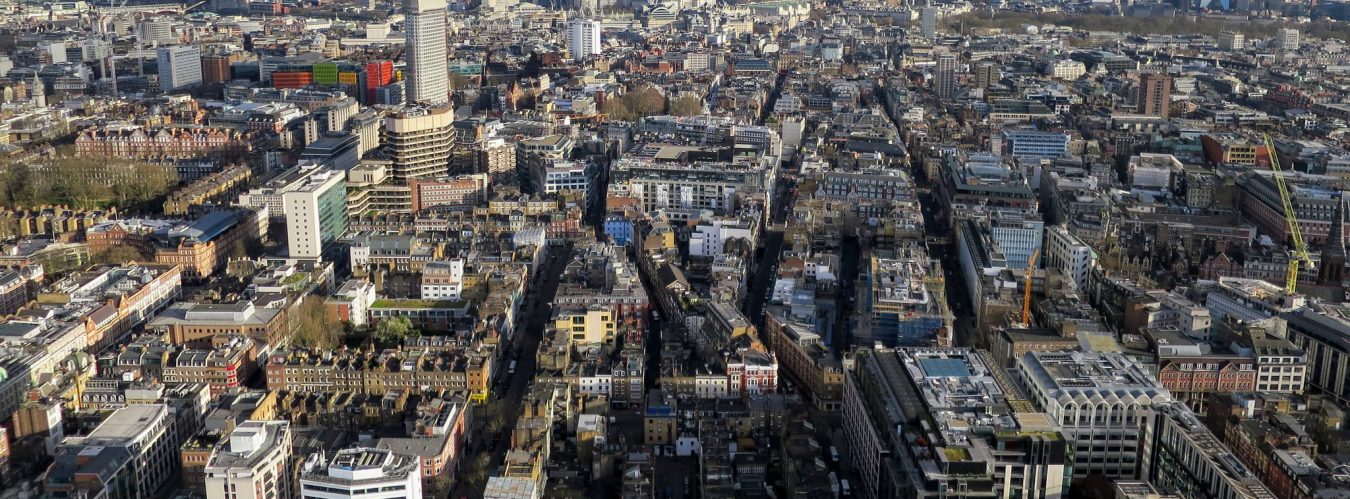The WECN has been concerned about the negative impact on residents from unregulated Street Entertainment for some time and has been pressing Westminster to take steps to manage this. The BIDs, and especially HOLBA and NWEC have similar concerns.
The WECN has been asked by HOLBA and WECN to support their request that WCC introduce a mandatory licensing regime for Street Entertainment, which will be discussed at the September 20th meeting of the City Management and Public Protection Policy and Scrutiny Committee.
The WECN is happy to support this request. Street Entertainment is an important feature of the West End but unless it is well managed and regulated it can, and does, cause significant issues in the areas of public safety and public nuisance. Residents have suffered from these issues, and especially noise, for far too long and it is time for a clear policy on this which can be readily enforced.
We have also now received the Agenda for the meeting and have seen that you will be considering a specific proposal on this topic from Officers and also be hearing from expert witnesses, which include HOLBA and NWEC. We would ask that you also invite 2 witnesses from the WECN to participate. David Bieda and Elizabeth Bax both have first hand experience of the issues associated with Street Entertainment and have been involved in trying to address these with Westminster for some time. They are experts on the impact of these activities on residents, in the same way as HOLBA and NWEC can describe the impact on businesses.
We are also very concerned about the specific proposal being made by officers. As stated above we are very much in favour of a mandatory licensing regime with clear and enforceable rules. However we are very concerned about the proposal to run a pilot in 3 locations for a period of 12 months. The stated purpose of the pilot is to assess “the impact of the policy, the resource and cost implications, and enable us to use the lessons learnt to help adapt and inform any final scheme”
Our concern is that the most likely impact of running the pilot scheme is to displace street entertainers into nearby areas which have similar levels of footfall to those in which the pilot is running but which are not part of the scheme.
This will merely move the impact, in many cases closer to residential buildings. This appears to us to be the most likely impact of the pilot scheme and is not mentioned or discussed in the report.
We are also unclear what information will be gained on resource and cost implications from a scheme which covers only a small portion of the City and which is most likely to merely displace the problems. We would also point out that the reason that these areas have a high level of complaints is not because other areas have fewer issues but because residents have stopped bothering to make complaints as there is nothing the Council can do as a result. The report itself makes the point that even in Covent Garden, where there is a managed scheme and significant resource, there are still high numbers of complaints.
Given that there are already a number of other schemes in London and elsewhere, including that in the Covent Garden area, we do not believe that running the proposed pilot will give sufficient extra information to justify the risks to residents and businesses outside the pilot area.
We have 4 specific requests on behalf of the WECN which we would ask you to take into account as you consider the proposal from officers and the report and views of the BIDs.
1. That the scheme is Borough wide – or at the very least covers all areas of the West End – rather than just Leicester Square, Piccadilly, Piccadilly Circus, Bond Street, Oxford Street and Regent Street as NWEC and HOLBA ask for in their report. If the scheme exists in only part of the West End it will merely cause displacement to adjoining areas. Many of these areas have a denser residential population and so there will be more impact on residents than at present.
2. That street entertainers are not permitted to use amplification, or at least only in certain specified locations and at certain levels. The noise of amplified music causes significant problems for residents. It would not be permitted to emanate from a licensed premise and we see no reason why it should be permitted to be played on the street outside. In this regard we do not agree with the approach set out in the Busk in London Code of Practice.
3. That WCC works with LBC to make sure that the rules for street performance are as close as possible to each other in both boroughs. This may require some alterations by Camden to their existing regime but we have discussed this with Camden and they are willing to consider this.
4. That no pilot scheme is run unless it is clear how displacement will be avoided, it is clear what information will be gained that is not already available from other schemes and a clear strategy is in place for how the scheme can be quickly extended at the end of the pilot.
We hope that you will be able to invite the WECN to send expert witnesses to the meeting and that you will give consideration to the concerns set out in this letter.
Letter to T Devenish ref Scrutiny 20.9.18

